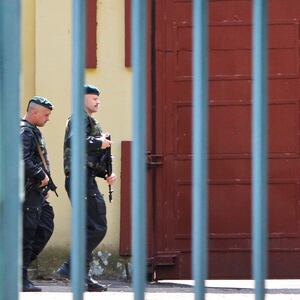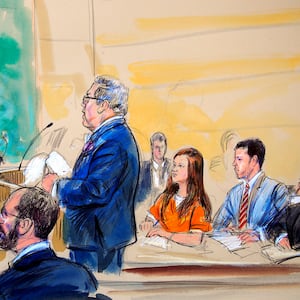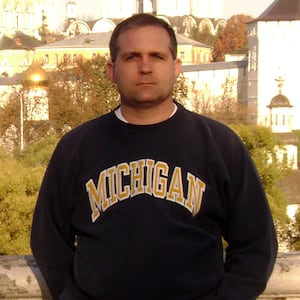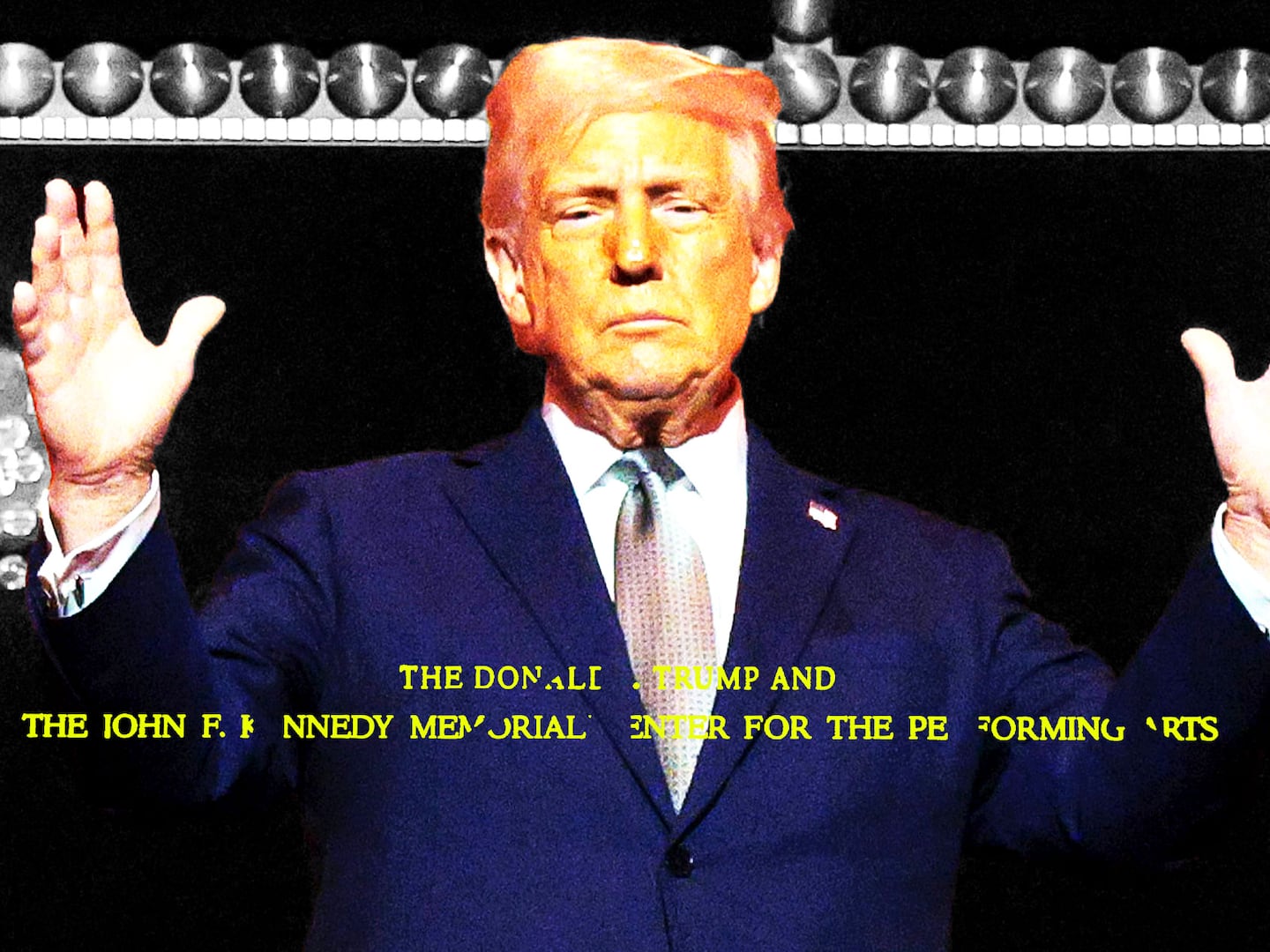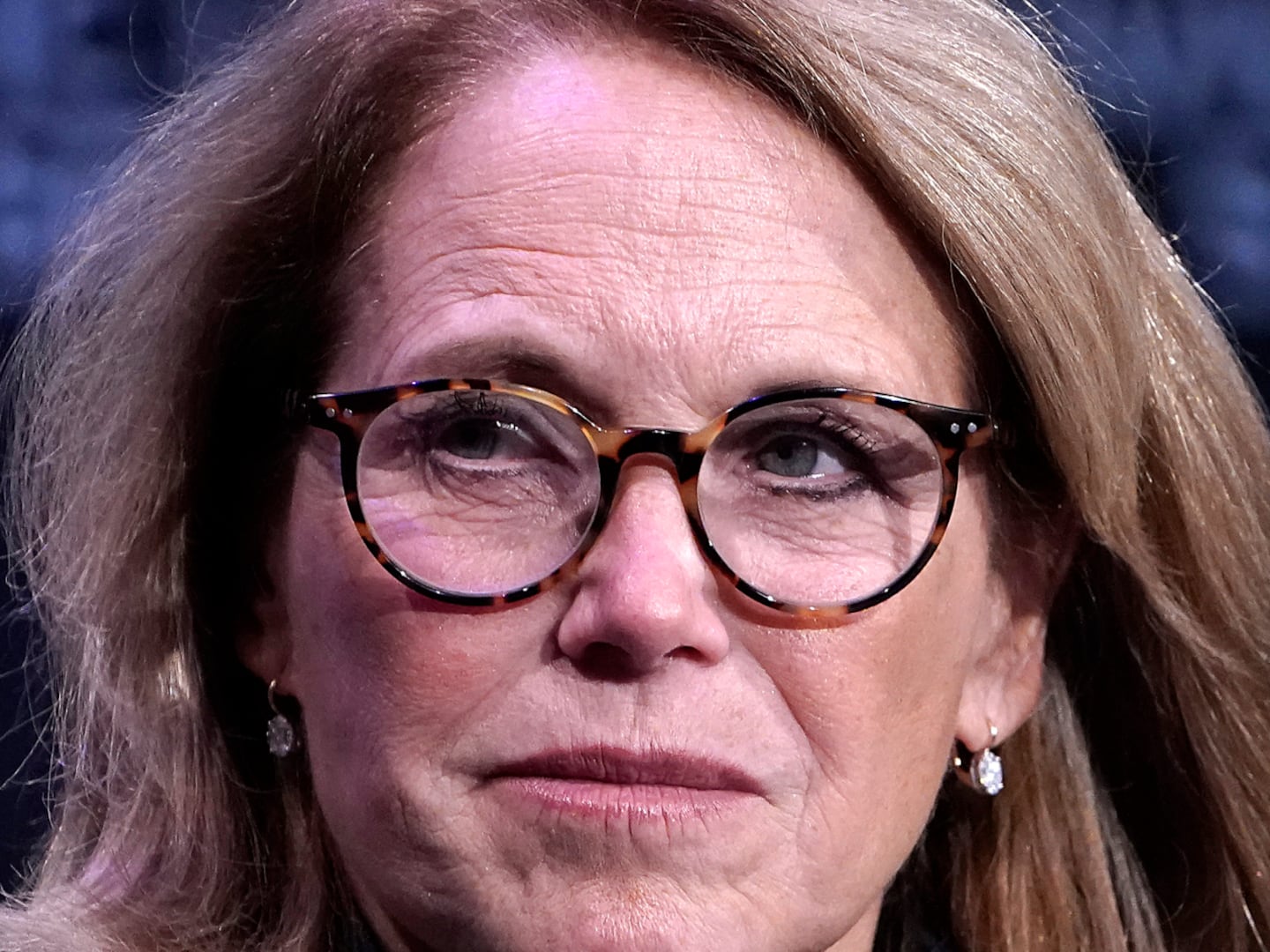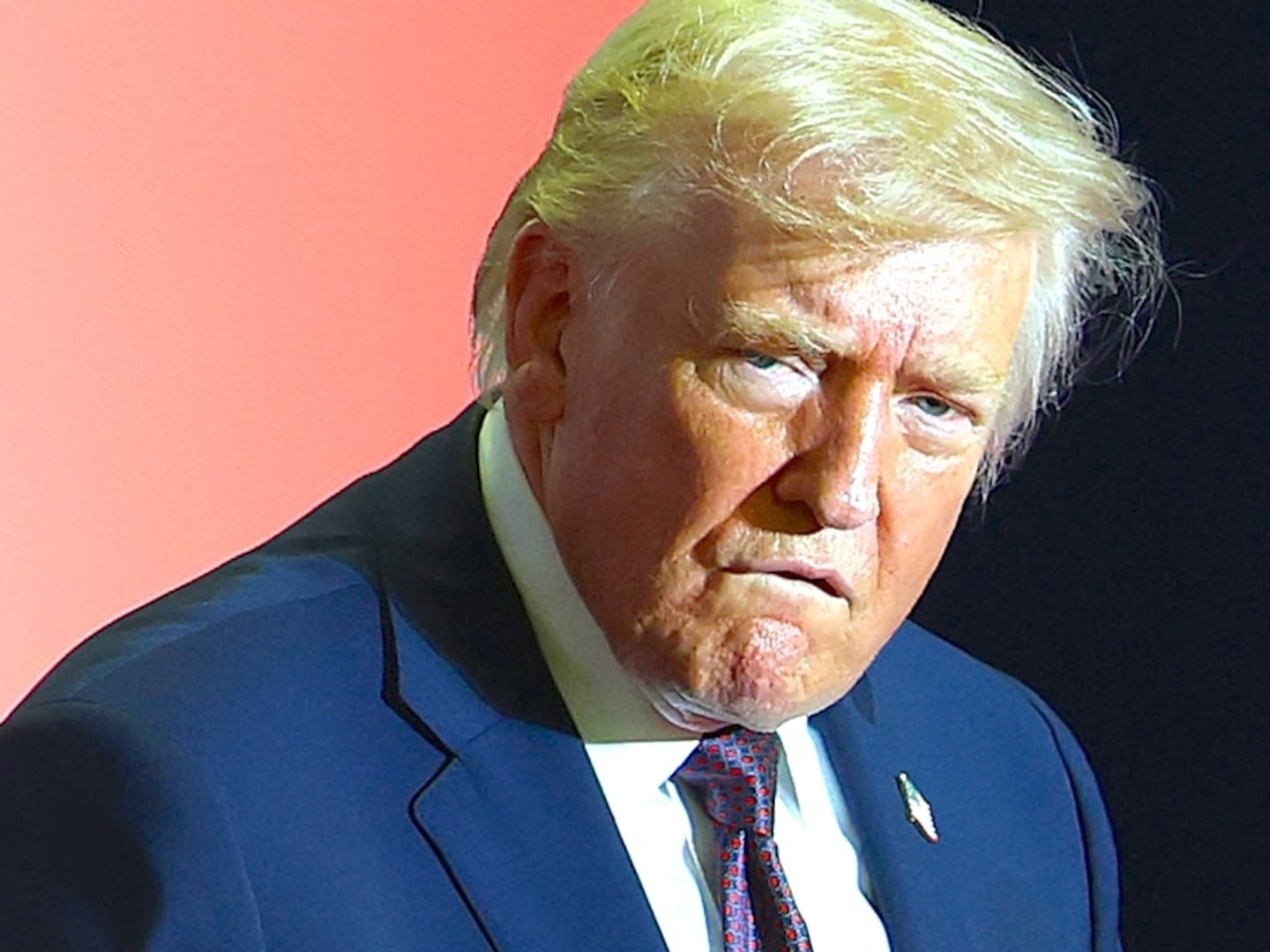MOSCOW—Three months have passed since the day the Russian Security Service, the FSB, arrested former U.S. Marine Paul Whelan in his room at the Metropol Hotel, right by Red Square, and took him to this city’s grim 138-year-old Lefortovo Prison. They accused him of espionage and told him he could face 20 years doing hard time.
Since that day there has been a widespread assumption, including among former Russian intelligence agents, that Whelan might be traded for a high-profile Russian prisoner in the United States, most likely gun rights activist and convicted Russian agent Maria Butina. But there have not been any signs that process is progressing, or even under way, Whelan’s defense lawyer, Vladimir Zherebenkov, told The Daily Beast on Friday.
Ex-KGB officer Gennady Gudkov bluntly describes Whelan as "the Kremlin's hostage." Gudkov says Whelan will stay in prison until Washington speaks out more loudly in his defense. "If they do not push, he will stay behind bars here for years.”
Whelan, who turned 49 in Lefortovo last month, had been working as global security director for automotive technology company BorgWarner in Michigan, and he denies all the charges against him.
“My client came to Moscow in December to attend his friend’s wedding party,” Zherebenkov told The Daily Beast. He said the FSB investigators still have not shared any evidence of Whelan’s guilt. “So far,” said Zherebenkov, “all I’ve seen is that my innocent client is kept in that awful prison without being allowed to get out on bail or house arrest.”
Whelan’s family has been upset about Washington not making any big statements about his case. “I hope he doesn't know how he appears to be practically abandoned by the government, who should be seeking his freedom,” Whelan’s twin brother David Whelan said in a recent interview.
Conceivably, the effort to arrange a trade is happening in secret, but the U.S. embassy here is losing patience in public. Earlier this week its Twitter feed said in Russian: “Paul Whelan has been kept in custody without any evidence. The investigators assured us that they had mailed us signed documents [substantiating their allegations], but nobody has sent them. How are we supposed to understand this? Where is the evidence?”
The business of legalistic “hostage taking” is not limited to rivalries between the Russian and American intelligence services, it’s also a game played internally among the clans at the core of the Putin regime, Gudkov suggested.
This week’s top headlines and front pages in Russia have been devoted to the arrests of former Deputy Prime Minister Mikhail Abyzov and the ex governor of the far eastern Khabarovsk region, Viktor Ishayev. Both are accused of embezzling state funds.
Russian tabloids have described Abyzov, a handsome billionaire in his forties, as “the sexiest minister,” noting a lifestyle that included a villa in Tuscany and a stunningly beautiful flight attendant as a lover, plus great connections in the Kremlin—at least in the past. He had been living abroad and was lured back to Russia for a birthday party.
While some experts insist that the arrests are a part of a Putin anti-corruption campaign, others say they are a sign of a power struggle inside the Kremlin. Gudkov, a former member of the Russian parliament and now an opposition activist, suggests the Kremlin's two towers of influence are at war.
On one side are the siloviki, present and former officials of the security agencies closely associated with the president, KGB veteran Vladimir Putin, and with Igor Sechin, now chief executive officer of Russia’s state oil company Rosneft. On the other side are the so-called Medvedev liberals associated with Dmitry Medvedev, who stepped in as president when Putin could not run again from 2008 to 2012, then stepped down to serve as prime minister when Putin returned as head of state.
“For now the clans just take hostages, lock up each other's guys, next they might begin to shoot each other, once again, like it was in 1990s," says Gudkov.
Khabarovsk was a vice president of Rosneft under Sechin from 2013 until last year.
Abyzov had been associated with Medvedev’s more or less defunct Open Government initiative.
Oleg Kashin, a columnist for the English language Moscow Times asked provocatively last week, “Abyzov today, Medvedev tomorrow?” and noted, “Although Abyzov was never a member of Medvedev’s inner circle, when Federal Security Service operatives dragged him off to Lefortovo Prison, they were really ripping a page from Medvedev’s biography.” Kashin noted that Medvedev himself, despite his prime ministerial title, “has existed in a complete political vacuum for who knows how many years now.”
In 2024, Putin’s latest term as president of Russia will expire and he is due to hand the office to a successor. If the arrest of Abyzov is any indication, Medvedev’s chances of returning to the presidency are slight.
Meanwhile, another American may have gotten caught up in the Kremlin’s intramural maneuvering and score settling.
Michael John Calvey, the top U.S. investor in Russia, was arrested last month on suspicion of a multimillion dollar fraud. In a recent interview with the tabloid Moscovsky Komsomolets Calvey reportedly said: “I don’t want to politicize this story, and try to distance myself from everything that could lead to that.”
The businessman promised he would continue investing in Russian companies, in spite of his “unfair” arrest.
To be a U.S. citizen in a Russian prison and stay away from politics is a hard job. Both Whelan and Calvey have been denied visits and even phone calls by relatives.
Shortly after Whelan’s arrest, Russian Foreign Minister Sergei Lavrov said that the FSB had caught Whelan “red handed.” The defense lawyer Zherebenkov confirmed to The Daily Beast that when the FSB arrested Whelan he had a USB drive with some secret information on it. “My client’s Russian friend passed him that USB drive; Paul thought there were some photographs of their previous trip to a monastery on it.”
Zherebenkov added that when he last saw his client in prison, on Tuesday, Whelan “looked cheerful.”
But in coming years Russia is going to see more shifts of power and control—and the fate of all the current high-profile prisoners, American and Russian alike, most probably will is likely to depend on politics.


